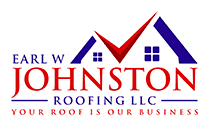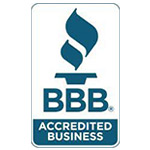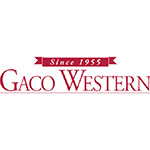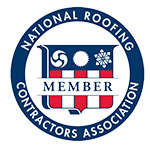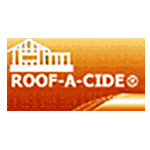The most obvious difference between residential and commercial roofing systems is the slope: a residential roofing system is typically sloped, while a commercial one is flat. But there are other differences besides the slope that factor into the type of care each roofing type needs. Today, your local roofer, Earl W. Johnston Roofing, LLC sheds light on these differences.

Residential Roofing
Most residential roofs are sloped, which helps precipitation drain off the roof efficiently. In addition, a sloped roof helps boost the home’s curb appeal. The most common roofing materials for residential properties are asphalt shingles, wood shakes, metal, tile and slate. Each material has its own unique advantages in terms of both performance and aesthetics.
Commercial Roofing
Most commercial roofs are flat or low-sloped with discrete drainage to prevent ponding water on the roof. The reason commercial systems aren’t slope is because commercial buildings tend to be much larger than homes, so a sloped roof would be impractical. Commercial roofing systems are built with higher-strength materials such as EPDM and TPO.
Because commercial roofs tend to be flat, they aren’t visible from the ground, so aesthetics and curb appeal aren’t important considerations. Function and utility are the primary concerns with a commercial roofing system. One advantage of commercial roofs is that they tend to be easier to maintain and repair than residential roofs due to their level surface.
Earl W. Johnston Roofing, LLC is an expert on both residential and commercial roofing systems. Call us today at (954) 989-7794 or fill out our online form to request a quote. We serve homeowners in Hollywood and Ft Lauderdale, FL, and nearby areas.
